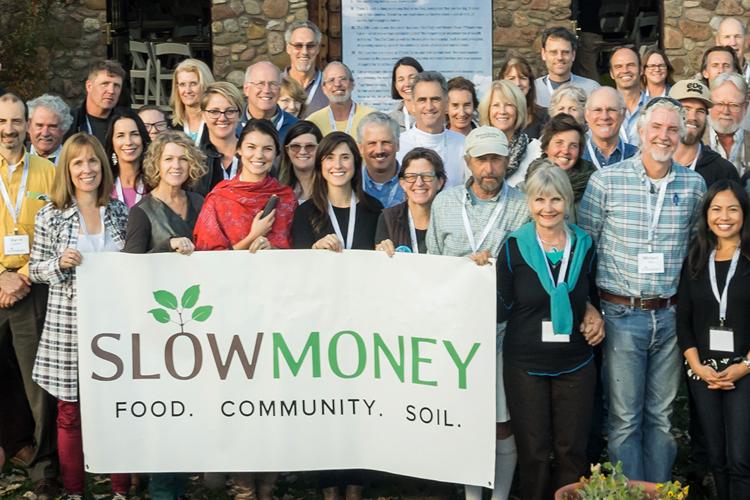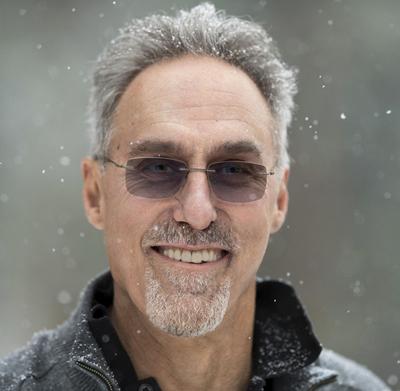Whoa Nellie Farm - Making Regenerative Agriculture Work for All
Whoa Nellie Farm - Making Regenerative Agriculture Work for All
by Woody Tasch, founder, Slow Money
Just as I was about to head from the kitchen to the office to write an article about Slow Money for this issue of the GreenMoney Journal, a story appeared on CNN about Whoa Nellie Farm in Acme, Pennsylvania. I had no choice but to start here.
When, due to Covid-19 supply chain disruptions, the farm’s Pittsburgh-based milk processor stopped purchasing their milk, they ramped up a 30-gallon-per-hour bottling and pasteurization operation on the farm and put out a call to their community. Before long, there was a line of cars down the street and they were expanding to 45 gallons per hour. “It has been wonderful to see the community coming together like this. Everyone is so happy to get their milk from a local dairy again, to know where their food comes from. No one wants to see us dumping milk…”
Whoa Nellie, indeed. Whoa, pandemic! Whoa, Wall Street! Whoa, Main Street! Whoa empty streets and empty skies! Whoa food grown for export! Whoa fast food and fast money and 30,000 Dow and runaway financialization and globalization! Have we lost our senses?? Will we rush back to business as usual when the pandemic is over? Or will this time be different?
The structural problems of the food system mirror structural problems in finance. Ultra-fast trading and ultra-pasteurization are twins. Over dependence on distant markets and complex intermediation make us insecure.
Thoreau wrote, “A man is wealthy to the extent he can afford to leave things alone.” Leaving aside the rich discussion we could have about that observation, let’s adapt the spirit of it thus: “A community is rich to the extent it can afford to feed itself.”
For regenerative agriculture to be an effective agent for making things different this time, it will need to be accompanied by a process of re-localizing portions of the food system. For regenerative economics to make things different this time, we are going to have to re-localize meaningful aspects of the economy. When we hear the word regeneration let us also think of the word re-localization. Not as an alternative, but as a complement, empowering acts of completion and rebalancing that have the potential to make things different this time.
Read Woody's full article here - https://greenmoney.com/whoa-nellie
=======




